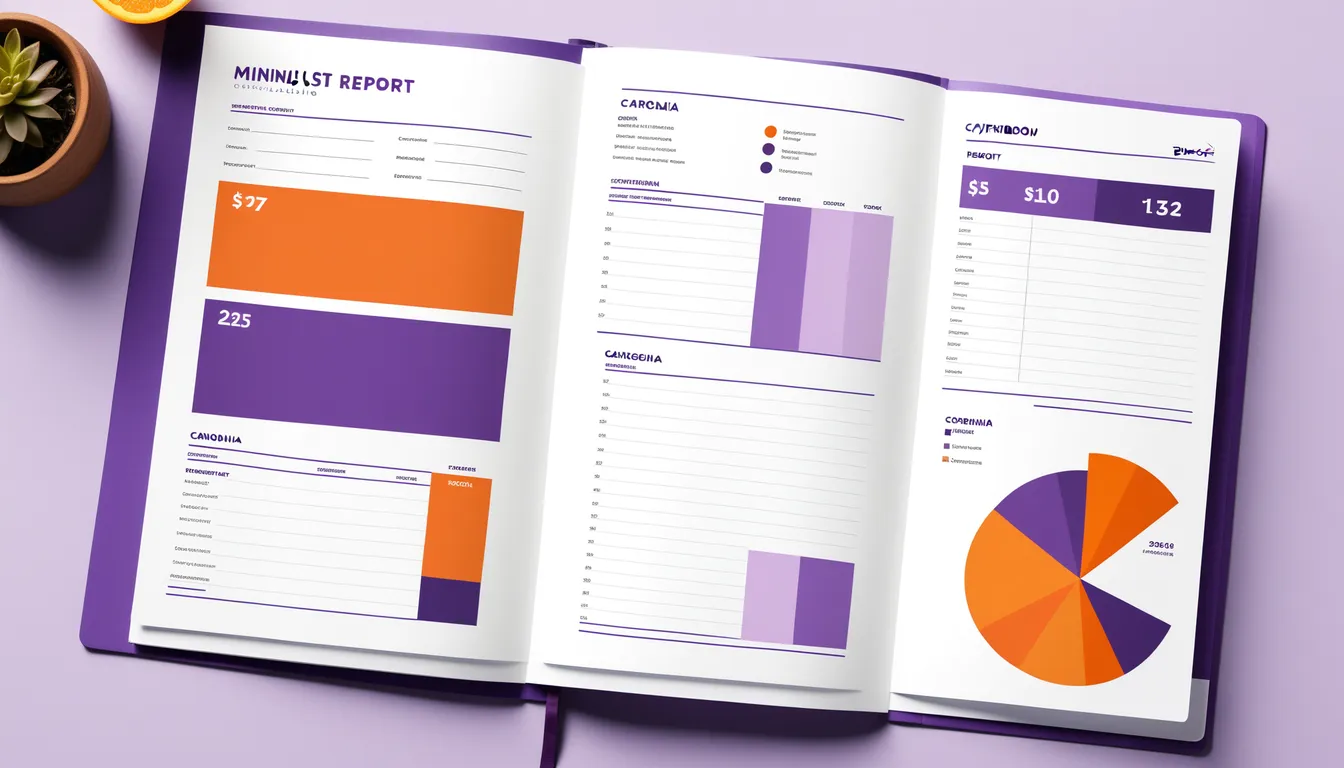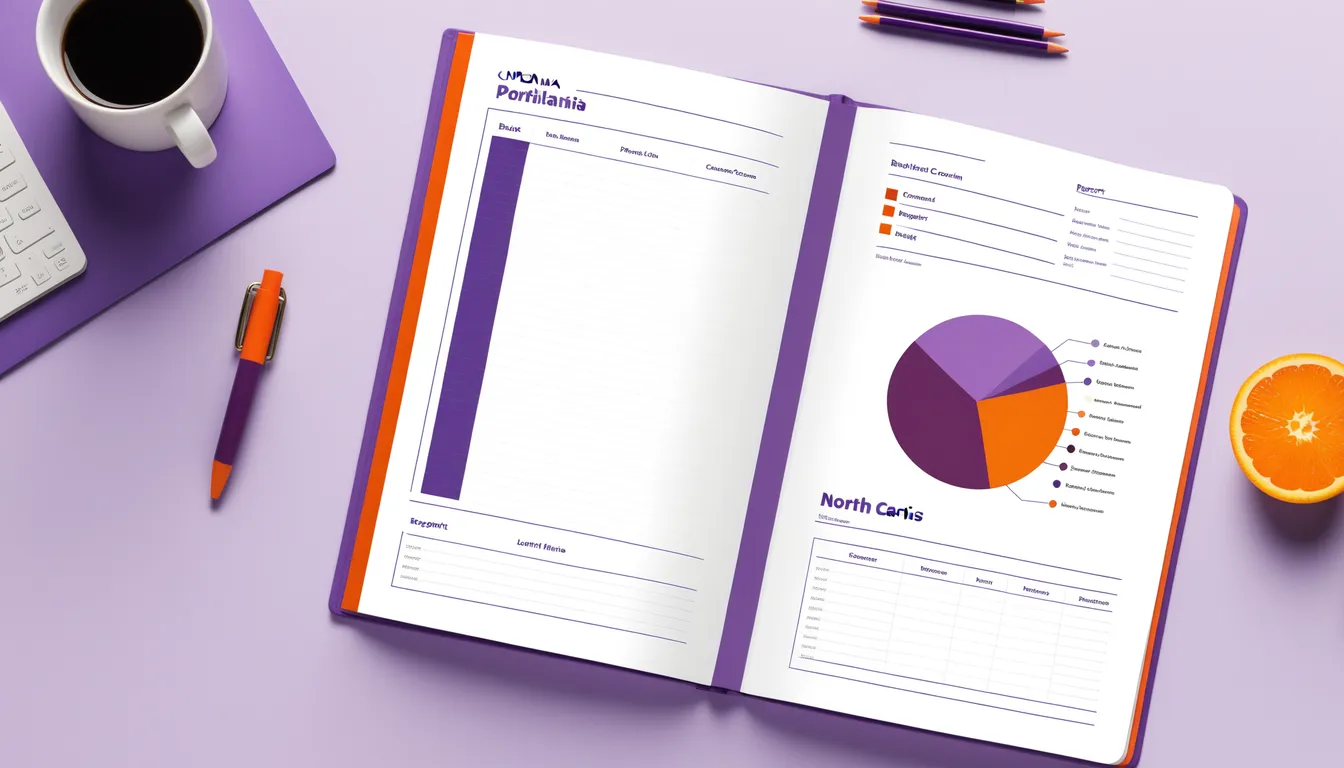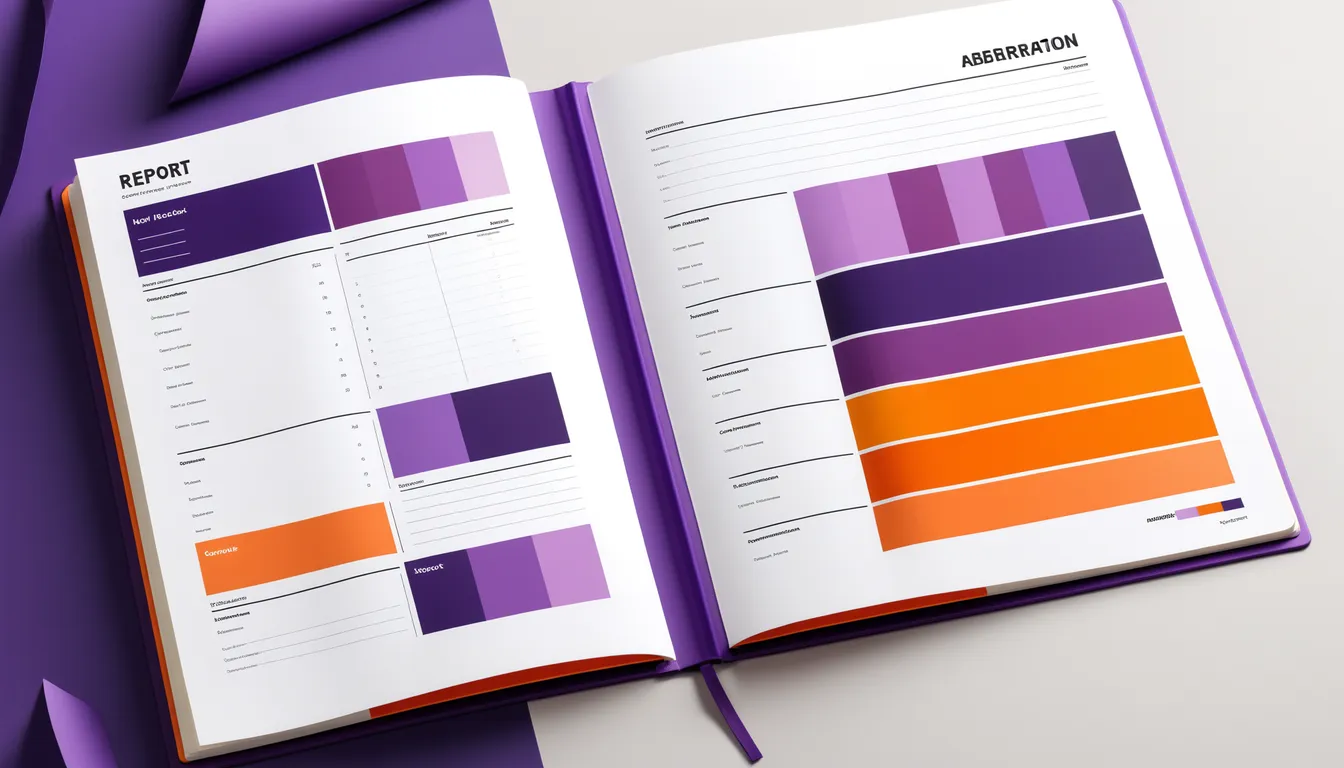Chapter 16:
The Annual Audit
16.0 Introduction
The Local Government Budget and Fiscal Control Act, specifically G.S. 159-34, requires local governments to have their accounts audited by independent auditors after the close of each fiscal year. An audit is a process in which an independent auditor reviews the government’s financial records to ensure they are accurate, complete, and comply with accounting standards and regulations. The auditor examines key financial documents, like the balance sheet and operating statement, to confirm they present a true and fair view of the government’s finances. The audit also includes testing the effectiveness of internal controls designed to prevent errors or fraud and verifying compliance with relevant laws and grant requirements.
16.1 What an Audit Is
Audits play a crucial role in evaluating the financial integrity and compliance of local governments. The primary types of audits are financial audits, Yellow Book audits, and Single Audits.
Financial Audits. Financial audits focus on determining whether a local government’s financial statements accurately reflect its financial position and operations. Auditors examine financial records and internal controls to ensure compliance with generally accepted accounting principles (GAAP), providing stakeholders with confidence in the reliability of the financial information presented. In North Carolina, all local governments and public authorities are subject to a financial audit. (G.S. 159-34). [There is an exception for soil and water conservation districts, who can substitute an internal audit for this requirement. (G.S. 139-7)].
Yellow Book Audits. Yellow Book audits are conducted in accordance with the Government Auditing Standards issued by the U.S. Government Accountability Office (GAO). These standards apply to audits of government organizations, programs, activities, and functions, encompassing financial audits, performance audits, and attestation engagements. Auditors conducting Yellow Book audits must adhere to specific ethical standards, including independence, professional judgment, and due care, and are required to complete continuing professional education, with a portion directly related to government auditing. For North Carolina local governments and public authorities, pursuant to LGC policy, a Yellow Book audit is triggered if the local government expends more than $100,000 in combined state and federal funds in a fiscal year. (Note that the trigger for the audit is the expenditure of funds, not the receipt of funds.)
Single Audits. Local governments and other non-federal entities that spend significant federal or state funds may be subject to a Single Audit. These audits evaluate both financial reporting and compliance with applicable laws, regulations, and grant agreements. A federal Single Audit is required under the federal Uniform Guidance when a non-federal entity expends $1,000,000 or more in federal funds during a fiscal year. (2 C.F.R. Part 200, Subpart F). This audit combines a financial statement audit with a compliance audit of the entity’s major federal programs. [See 2 C.F.R. 200.507 (program-specific audits); 2 C.F.R. 514]. Its purpose is to streamline oversight of federal funds by reducing duplication in the audit process and providing a comprehensive review of the use of federal assistance.
North Carolina imposes a similar requirement for state financial assistance. Under the State Single Audit Implementation Act, codified at G.S. 159-34(c), a non-federal entity that expends $1,000,000 or more in state funds during a fiscal year must undergo a state Single Audit. However, for fiscal years ending on or before June 30, 2025, the threshold is $500,000. The $1,000,000 threshold takes effect for fiscal years ending June 30, 2026, and beyond. [See LGC Memorandum #2025-04 (April 2, 2025)].
It is important to distinguish Single Audits from other types of audits. A financial audit focuses solely on the accuracy of an entity’s financial statements and its adherence to Generally Accepted Accounting Principles (GAAP). A Yellow Book audit (conducted under Government Auditing Standards) provides a broader framework, incorporating assessments of internal controls and compliance in addition to financial reporting. In contrast, Single Audits—whether federal or state—specifically examine how entities manage and use grant funds in accordance with grant requirements. Each type of audit serves a distinct purpose in ensuring transparency, accountability, and proper stewardship of public funds.
This chapter focuses on GAAP-based financial statement audits. Many municipalities and counties are also subject to Yellow Book and state and/or federal Single Audits. Refer to Chapter 20: Grant Management for compliance audit requirements and information.
16.2 What an Audit Is Not
A financial audit is one of many important tools a local government must use to ensure proper stewardship, management, and accounting of public funds. It plays a critical role in verifying the accuracy and transparency of the government’s financial reporting. However, it’s equally important to understand what a financial audit does not do. While an audit may uncover errors or irregularities, it is not a fraud investigation. Auditors do not specifically search for fraud, although they may flag suspicious activity if encountered during their review.
A financial audit also does not assess the effectiveness of government programs or how efficiently services are delivered. Its scope is limited to determining whether the financial statements are complete, accurate, and prepared in accordance with applicable accounting standards. It is distinct from bookkeeping, which involves the routine recording of financial transactions. Rather than documenting those transactions, an audit evaluates whether the records have been properly maintained and reported. Likewise, an audit is not a tool for financial planning. It does not evaluate whether public dollars are being used in the most cost-effective way but instead ensures that the financial data reflects what actually occurred.
In short, while a financial audit does not measure operational performance or detect fraud by design, it is a key accountability mechanism. It supports sound financial management by helping to confirm that public funds are accurately tracked and reported, providing a foundation for transparency, public trust, and informed decision-making.
16.3 Preparing for the Audit
To prepare for a financial audit, a local unit needs to focus on organization, accuracy, and compliance. Start by ensuring all financial records—such as bank statements and ledgers—are up to date and properly reconciled. The general ledger should be reviewed for accuracy, and all supporting documentation (like receipts, invoices, and contracts) should be easily accessible for the auditor.
A local unit is responsible for preparing the financial statements and schedules and their accompanying notes. Usually this is the task of the finance staff but senior management, including the governing board, have the responsibility to ensure that necessary resources are provided. The annual external financial statements should be prepared in accordance with GAAP. There are units that may not have the internal staff or expertise to prepare the GAAP-based financial statements. In those situations, the local government may contract with an independent third party to assist in their preparation. The independent auditor may only provide limited assistance in order to avoid impairing their independence. Professional standards for auditors have greatly enhanced the requirements for independence in recent years, which has limited auditors’ ability to provide significant report preparation services.
It is necessary to review previous audit reports to address any past issues or recommendations before the current audit begins. Clear communication with the auditor is essential, so scheduling a pre-audit meeting to discuss timelines and expectations can set the stage for a smooth process. Designating a point person to coordinate between staff and the auditor will keep things moving efficiently.
Finally, ensure compliance with all relevant laws and regulations. By addressing potential issues beforehand and keeping records organized, the local government can help ensure a smooth audit and maintain transparency and accountability in its financial reporting.
16.4 Audit Due Dates
Audited financial statements, as well as any required compliance audits, for local governments with a June 30 fiscal year are due to the Local Government Commission (LGC) on or by December 31 of each year. If an audit is submitted on January 1 or later, the audit contract must be amended and approved by the unit’s governing board. [See LGC FY 2025 Audit Due Dates (Dec. 20, 2024)].
Municipalities and counties that are requesting debt issuance approval from the LGC must submit their current audited financial statements at least two months prior to the meeting scheduled for their consideration. [See LGC FY 2025 Audit Due Dates (Dec. 20, 2024)]. And some grant and other external contracts may require a local unit to complete its audit earlier than the December 31 deadline.
Audits are considered late if received January 1 or after. If this occurs, there are several consequences. First, a Financial Performance Indicator of Concern (FPIC) is issued by the independent auditor to the entity’s manager, finance officer, and governing board. A written response is required from the unit, signed by a majority of the governing board members, the entity’s manager, and finance officer. [See LGC FY 2025 Audit Due Dates (Dec. 20, 2024)]. As discussed below, FPICSs are defined in the North Carolina Administrative Code as “Financial Performance Indicators with values which may indicate inadequate financial conditions or fiscal management concerns with the government unit.” [20 NCAC 03.0502(e)(2)].
Second, an amended audit contract must be executed and signed both by the local unit and the independent auditor. [See LGC FY 2025 Audit Due Dates (Dec. 20, 2024)].
Third, if an audit (both financial and compliance components) is not submitted by a municipality or county by April 1, the LGC will issue the unit a notice of noncompliance. If the audit is not received by the LGC by July 1, the municipality or county is subject to potential withholding of some or all their sales tax distributions. [See LGC FY 2025 Audit Due Dates (Dec. 20, 2024)]. While the funds are not permanently lost, the delay can create significant cash flow challenges for local governments that rely on these distributions for essential services. For more information on the process for withholding sales tax distributions for late audits, see this LGC guidance discussing S.L. 2023-59.
Fourth, a late audit is one factor that the LGC considers in potentially placing a local unit on its Unit Assistance List. (For more information on the Unit Assistance List, see Chapter 1: Introduction to the Local Government Budget and Fiscal Control Act).
Finally, a late audit submission can signal to potential lenders and grantors that a local government may have underlying financial management or internal control issues. Delays in completing the audit can raise concerns about the reliability of financial reporting and the local unit’s capacity to manage public funds effectively. This perception may impact the unit’s ability to secure funding or favorable borrowing terms.
16.5 Selecting an Independent Auditor
G.S. 159-34(a) establishes certain requirements and procedures regarding contracting for a local government’s annual audit.
First, the auditor must be selected by and report to the unit’s governing board. The auditor may not report to the unit’s manager, budget officer, or finance officer.
Second, the governing board may choose any North Carolina certified public accountant (CPA) or any accountant certified by the LGC as qualified to audit local government accounts. In practice, no non-CPA accountants have requested certification or met the requirements for certification to perform local government audits in recent years. Governing board members should assure themselves that the person or firm selected is familiar with the unique features of government accounting and auditing. Auditors should be engaged early in the fiscal year so that they can become familiar with the local government’s procedures and can complete some of the necessary testing before the fiscal year’s end. This also ensures that the auditor can plan the audit engagement and complete it in a timely manner.
16.5.1 Auditor RFP
Many local units select the auditor through a request for proposals (RFP) process. Although this is not required by state statute, using an RFP is recommended by LGC staff to secure the best audit proposal. It is common for audit engagements procured through an RFP process to range from three- to five-year terms. The RFP should cover both the technical qualifications of a potential audit firm and the firm’s cost proposals. Local officials should give more weight to an auditor’s technical skills than to the firm’s proposed audit fees. References from other local government clients should be requested from the prospective auditors. These references should be contacted so that local government officials may obtain information on other local governments’ experiences with a potential auditor. (Note that if a local unit has received federal funds, federal regulations generally require the unit to select an independent auditor through a competitive procurement process. For more information, see this blog post on procuring single audit services under the Uniform Guidance.)
The LGC has drafted sample audit RFPs for counties and cities.
16.5.2 Rotating Auditors
Contrary to common belief, government entities are not required by law to rotate auditors. The Local Government Commission (LGC) recommends issuing a request for proposals (RFP) every three to five years, but this does not mean a change in auditors is necessary. If a current audit firm continues to meet the service and pricing criteria outlined in the RFP, it may be retained.
Many governments maintain long-term relationships with the same audit firm, benefiting from the firm’s familiarity with their operations and avoiding the time and costs associated with switching auditors. It is also common for firms to rotate staff assigned to the audit to bring fresh perspectives without changing firms.
Some governing boards, however, prefer to rotate audit firms entirely to gain a new viewpoint or to give opportunities to other qualified firms. Both approaches are valid, and the LGC does not recommend one over the other. Ultimately, the decision to rotate auditors is a policy matter for each governing board to determine.
16.6 The Audit Contract
Once a governing board has chosen an independent auditor, it must enter into an audit contract. The audit contract will state that the audit must be performed in accordance with generally accepted auditing standards, the date the auditor will submit the audit report to the LGC, and the terms and fees of the contract. [G.S. 159-34(a); 20 NCAC 03 .0502]. The LGC provides standard contract forms for the governmental entity and the auditor to complete.
The engagement letter between a local government and its independent auditor should clearly outline the specific responsibilities and expectations of both parties. Local government staff are typically responsible for completing all year-end reconciliations, posting final journal entries, providing requested documentation (such as invoices), and, if applicable, preparing a draft of the financial statements. The engagement letter should also specify timeframes and deadlines to ensure accountability and timely completion.
All audit contracts must be approved by the LGC. [G.S. 159-34(a)]. This approval does not evaluate the choice of auditor or whether the fees are reasonable. Instead, the LGC confirms that the contract meets all statutory and regulatory requirements, that the scope of services aligns with the unit’s needs, and that provisions for fee adjustments or amendments are clearly stated.
Auditors often perform interim work before the end of the fiscal year, followed by final audit procedures once year-end financial information is available. They may issue invoices in phases—during interim work, as final work progresses, and upon completion. However, the final invoice may not be submitted until the audit is complete and both the auditor’s opinion and final financial statements have been issued. All interim and final invoices must be submitted to the LGC for approval before the local government can make any payments. [G.S. 159-34(a)]. This review ensures that billed services fall within the scope of the approved audit contract. These requirements also apply to any additional audit-related engagements, such as internal control reviews or forensic audits.
16.7 The Auditor’s Opinion
The auditor’s primary task is to render an independent opinion that the basic financial statements and the related disclosures are prepared in conformity with GAAP. The auditor also opines that the financial statements and disclosures are materially accurate such that they are reliable enough for a knowledgeable reader to use them to make informed judgments about a local government entity’s financial position and operations. It should be stressed that the independent auditor does not render an opinion as to the financial condition of the governmental entity. This is one of the most common misconceptions about a favorable audit opinion. If the financial statements are prepared in accordance with GAAP and are deemed materially accurate, then the financial statements will properly convey the entity’s financial condition. Financial audits are also not designed or intended to search for fraud. Of course, fraudulent activities may be uncovered in the course of an audit, but that is not the intent or design of the financial audit.
The independent auditor most commonly renders one of two types of opinions. First, it may be an unmodified opinion (frequently referred to as a “clean” opinion). With an unmodified audit opinion, the auditor is opining that the financial statements present fairly the unit of government’s financial position at the close of the fiscal year, in conformity with GAAP. Thus, there is no modification placed on the opinion (i.e., there are no material exceptions noted). All North Carolina local governments should strive for an unmodified opinion. Those that do not receive an unmodified opinion are required to correct the problems that caused the modification such that future opinions will not be modified.
A modified opinion is a second possibility. If in some way a local government’s practices materially vary from GAAP, the auditor’s opinion may state that the statements fairly represent the local government’s financial position except for any such deviation. For example, the most common type of problem that may result in a modified auditor’s opinion is inadequate records supporting the valuation of a government’s capital assets in its financial statements. An opinion modification also may be due to a scope limitation. This occurs when the independent auditor is unable to perform certain tests that are an essential part of the audit. For example, a local government’s accounting system may fail to provide adequate documentation for some revenue and expenditure transactions, in which case the auditor’s ability to test such transactions would be limited.
16.8 Auditor Presentation to the Governing Board and Board Response
Independent auditors are required to present the audited financial statements and the overall results of the audit to the local unit’s governing board or audit committee of the board in an official open meeting. [20 NCAC 03 .0502(c)(5)]. This presentation must occur no later than forty-five days after the audited financial statements have been submitted to the LGC. The auditor must include, if applicable,
(A) the description of each finding, including all material weaknesses and significant deficiencies, as found by the auditor, and any other issues related to the internal controls or fiscal health of the government unit as disclosed in the management letter, the Single Audit or Yellow Book reports, or any other communications from the auditor regarding internal controls as required by current auditing standards set by the Accounting Standards Board or its successor;
(B) the status of the prior year audit findings;
(C) the values of Financial Performance Indicators based on information presented in the audited financial statements; and
(D) notification to the governing body that the governing body shall develop a “Response to the Auditor’s Findings, Recommendations, and Fiscal Matters,” if required . . . .
It is important that the local unit’s governing board work with the auditor to make sure the meeting is scheduled on time. It may require the board to call a special meeting.
16.8.1 Financial Performance Indicators of Concern
The North Carolina Local Government Commission (LGC) uses a structured set of Financial Performance Indicators (FPIs) to assess the fiscal health of local government units. These indicators are based on data drawn from the audited financial statements and are designed to evaluate a government unit’s financial condition and performance in a consistent and comparable way across jurisdictions. [See 20 NCAC 03 .0502(e)(1)]. According to 20 NCAC 03 .0502(e)(1), FPIs include values such as fund balance adequacy, liquidity, solvency, debt service coverage, leverage, and any other indicators the Secretary of the LGC may establish. When a unit’s FPI values fall below established thresholds, they are designated as Financial Performance Indicators of Concern (FPICs)—defined in 20 NCAC 03 .0502(e)(2)—and may signal inadequate financial condition or poor fiscal management.
FPICs are not limited to a single aspect of financial performance. Instead, they cover a wide range of financial and compliance-related indicators. Some of the core FPICs include:
- Fund Balance Available Percentage: Measures the unassigned fund balance in the General Fund relative to expenditures, indicating the unit’s ability to respond to emergencies and maintain operations.
- Quick Ratio (in water and sewer enterprise funds): Measures short-term liquidity by comparing current assets to current liabilities.
- Operating Margin (in enterprise funds): Evaluates whether the utility is operating at a surplus or deficit by comparing operating revenues to operating expenses.
- Unrestricted Cash (in enterprise funds): Reflects immediate cash availability for operations without legal or contractual restrictions.
- Transfers Out (from utility funds): Measures the extent to which water, sewer, or electric revenues are used to support other governmental activities.
- Capital Asset Condition Ratio: Compares accumulated depreciation to the historical cost of assets to assess infrastructure health.
- Uncollected Property Tax Levy: Reflects the efficiency of the unit’s tax collection efforts.
- Decrease in Property Tax Base: Signals possible long-term threats to the government’s revenue stream.
In addition to these financial metrics, several compliance and governance issues are also treated as FPICs:
- Late Audit Submission: An audit submitted on or after December 1 for a June 30 fiscal year end is considered late and flagged as an FPIC. Late audits may indicate internal control weaknesses or administrative delays and raise concerns for lenders and grantors.
- Budget Law Violations and failure to follow G.S. 159-28 preaudit and disbursement processes.
- Absence of a Board-Appointed Finance Officer, as required by G.S. 159-24.
- Material Weaknesses or Significant Deficiencies in Internal Controls identified in the auditor’s report, pursuant to Government Auditing Standards and Uniform Guidance.
- Late or Missed Debt Service Payments, which may also violate loan or bond covenants.
- Excessive Transfers from Electric Funds, exceeding limits established in G.S. 159B-39 or the local unit’s governing policy.
- Inclusion on the LGC’s Unit Assistance List, which indicates broader operational or financial concerns.
Together, the FPIC framework serves as an early warning and accountability tool, allowing the LGC to identify and respond to potential fiscal distress before it becomes a crisis. These indicators promote transparency, encourage corrective action, and help ensure that local governments in North Carolina remain responsible stewards of public funds.
16.8.2 Management Letter
Additionally, the auditor normally suggests improvements to the local government entity’s operations and internal control procedures in a management letter that accompanies the audit report. This letter is a public document addressed to the unit’s governing board and typically makes various specific suggestions for improving internal control and financial procedures. These suggestions normally arise from the audit but do not meet the threshold of the aforementioned deficiencies, weaknesses, or FPICs. The management letter is delivered at the same time as the audited financial statements. Often the auditor’s suggestions have been informally made earlier, and some may already have been addressed at the time of the formal presentation.
16.8.3 Governing Board Response to Audit Presentation and Findings
If a local governing board is notified by its independent auditor that the audited financial statements include one or more significant deficiencies, material weaknesses, or FPICs, the board must submit a written response to the Secretary of the Local Government Commission (LGC) within 60 days of the auditor’s presentation of the audit report. The response must be signed by a majority of the board members and must address each audit finding and FPIC identified. For each issue, the response should outline specific corrective actions, including measurable steps, implementation timelines, and any actions required by the governing body. [20 NCAC 03 .0508]. The LGC provides sample FPIC responses and guidance. If the board disagrees with any finding, the response must include a detailed explanation of its reasoning. [20 NCAC 03 .0508].
16.9 Avoiding the Most Common Opinion Modification
Nationwide, capital asset accounting and reporting continues to be one of the more significant challenges in state and local government accounting. In recent years, the LGC and the independent public accountants auditing local governments, as well as the national Government Finance Officers Association, have placed increased emphasis on capital asset records. If these records are inadequate, the independent auditor’s opinion may need to be modified, and this may adversely affect a local unit’s ability to obtain approval from the LGC for debt issuances. It may even have an adverse impact on a governmental entity’s bond rating. An adequate capital asset accounting system can provide significant advantages. It places responsibility for the safekeeping of such assets with a unit’s management, thereby improving internal control. It also serves as a basis for establishing maintenance and replacement schedules for equipment and for determining the level of fire and hazard insurance that should be carried on buildings and other capital assets.
The capitalization threshold that management establishes for financial reporting purposes should not be presumed to be directly correlated to adequate internal control of government property. For years, there has often been the misconception that the lower the capitalization threshold, the less likely it is that the capital asset will be lost, misplaced, or misused. However, low capitalization thresholds simply clutter the internal capital asset records with immaterial items and actually make them less useful. The external financial statements should focus on material items, and there is a significant internal cost to maintaining unusually low capitalization thresholds. For North Carolina governments, it is preferable that thresholds be no lower than $5,000; however, for small governments, it is acceptable for thresholds to be lower but no less than $1,000. The threshold is used only to determine where on the external financial statements capital assets will be reported. The threshold does not obviate the need for management at the departmental level to maintain adequate internal controls and records to safeguard all government property. Also, as a general rule, capitalization thresholds for financial reporting purposes are a management responsibility and there is no required official action by governing boards to establish or modify them.
- 16.0 Introduction
- 16.1 What an Audit Is
- 16.2 What an Audit Is Not
- 16.3 Preparing for the Audit
- 16.4 Audit Due Dates
- 16.5 Selecting an Independent Auditor
- 16.6 The Audit Contract
- 16.7 The Auditor’s Opinion
- 16.8 Auditor Presentation to the Governing Board and Board Response
- 16.9 Avoiding the Most Common Opinion Modification
16 The Annual Audit
Sample Ordinances and Policies
16 The Annual Audit
Implementation Tools
16 The Annual Audit
LGC Memos

Audits of Local Governments and Public Authorities – Payroll and...

Alternative Engagement for Audit of Local Fiscal Recovery Funds, Education...

How to Respond to Financial Performance Indicators of Concern (FPICs)

Opioid Settlement Funds: Auditing and Compliance Reporting

2022 State Compliance Supplements

AICPA Interpretations on Independence – Hosting Services (ET §1.295.143) and...

2018 Revision – Government Auditing Standards (GAGAS) AKA “The Yellow...

Local Entities Responsibilities for the Financial Reports and Records

Auditors Responsibilities and the Role of SLGFD Staff

Changes to State Single Audit Implementation Act

Clarified Auditing Standards

2011 Revision – Government Auditing Standards (GAGAS)


